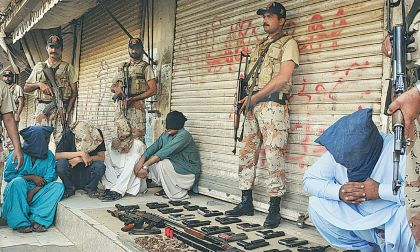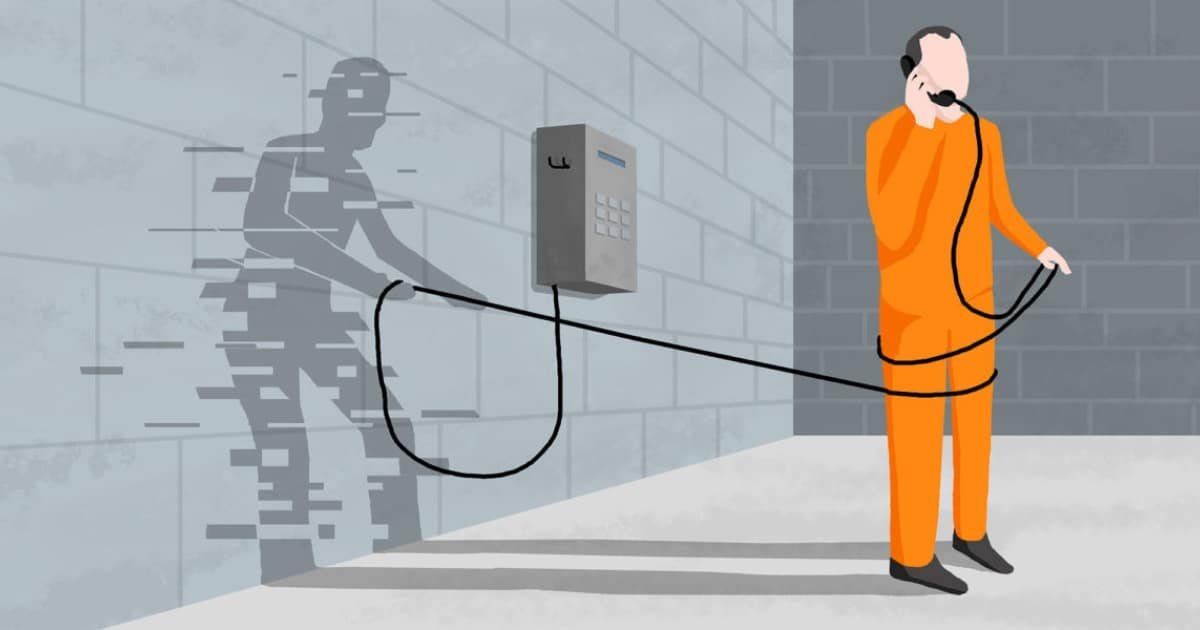Over the last decade, the streets of Karachi have become a battleground. Extortion rings, kidnappers, target-killers, and militants plague the city. Since the major “targeted operation” in 2013, some order has been restored. Pakistan’s law enforcement has worked steadily to make this possible. The key element is cultivating informants (mukhbirs) to infiltrate criminal networks. For security forces to stay ahead of criminal gangs, inside informers are crucial. Police have often employed detained petty offenders as paid informers. In return for their work, they release them from custody or offer cash and training. A considerable portion of the dedicated budget is exhausted on paying informants. It is estimated to be around Rs 100-120 million per year. This reflects the importance of informants to security departments.

Source: DAWN
Informant work comes with heavy risks. Karachi’s criminal gangs are notorious for targeting anyone suspected of being an informant. One Ranger revealed that a gangster once killed a man named Waheed simply on suspicion. Nonetheless, dedicated officers continue to protect and encourage informants. After major busts, they repeatedly reassure the public that whistle-blowers’ identities are safe. In 2024, authorities have urged citizens to call the Rangers’ helpline if they have any tips. They have promised to keep the identity of the informants secret. This has shown some success. In a raid on a mobile-theft gang, the police appeared due to a WhatsApp tip-off. The identity of the tipper was also kept confidential. Hotlines and rewards show the public that trusting the police can be safe. It also builds the public’s confidence in security institutions.
You May Like To Read: Reinventing Police Training for Urban Warfare and Crowd Control
Intelligence-Led Raids: Case Studies
Informant tips have led to many high-profile successes. For example, in March 2024, Sindh Rangers and Karachi Police arrested the ringleader of a major extortion gang. Security forces apprehended him in a joint operation in the Defense area. He had extorted an estimated 1 million rupees from local businesses. Rangers elaborated that it was intelligence from a tip-off that had led them to him. In a similar case in 2022, a Rangers-Police joint operation led to the arrest of three suspects. These criminals had been involved in over 300 phone-snatching incidents. This arrest, too, was due to intelligence-based information. After both these arrests, authorities have encouraged citizens to make use of the anonymous tip-off helpline.
Rangers and the Anti-Violent Crime Cell (AVCC) of Karachi police solved a brutal ransom kidnapping case. In February 2025, they received a tip-off. Acting on the information provided, they raided the hideout in Suranji town. The kidnappers had been holding the kidnapped woman hostage there. Unfortunately, the victim had been killed as her family had been unable to pay the Rs. 100 million demand. Two suspects were immediately arrested in the raid. The cases highlighted here emphasize how informants and tip-offs can be helpful in apprehending criminals and putting a stop to future crimes.
Agency Cooperation and Informant Networks
Karachi’s operations are often joint efforts among agencies. The Sindh Rangers, Karachi Police (including the CTD and AVCC), and the FIA often work together, pooling intelligence from multiple sources. Rangers have on several occasions attributed their success to informant networks. It was reported in Dawn that CTD officers by “leveraging their informer network and knowledge of the city’s militant landscape”. They played a “pivotal role” in making the Karachi operation. Thus, cultivating extensive informant networks can be a great aid. It can and has led to the tracking down of gang leaders and militants. An honest tip from anyone can play a significant role in a full-scale raid. It can bring justice to people wronged in the past and put a stop to criminals’ future endeavors.
Karachi police also employs formal “mukhbir” programs. Karachi’s targeted operations in the 2010s often relied on criminals turned informants. These mukhbirs collected rewards after tip-offs. They even received training in some cases and were offered protection afterwards. The police had a widespread informant network with citizens as well. This included paan-sellers, shopkeepers, and rickshaw drivers. These individuals served as the eyes and ears of security forces. Authorities have also sought to broaden informant networks by offering rewards for credible information that leads to an arrest. Safety after was also guaranteed.

Source: CGR
Impact of Informant Networks
The combined strategy of operations and informant intelligence appears to be paying off. Independent crime statistics show Karachi’s violence plummeting from its peak in the early 2010s. In 2014, Karachi ranked as the world’s 6th-most violent city; by 2020, it had fallen to 101st. There has also been a noted decrease in extortion, target killings, and kidnappings. Police and Rangers have collaborated to reduce the threat of terrorism and crime. Victims’ testimonies also reflect that many families now dare to report crimes and cooperate with the police. This is due to the trust built through confidential tiplines and witness protection.
Conclusion
Law enforcement admits that its work is not over yet. Small crimes like theft and muggings still trouble people in Karachi. New threats such as online fraud and militant groups are also growing. Therefore, constant attention is needed. Some experts warn that certain criminal gangs have not disappeared. Instead, they have gone underground or moved into other businesses, like private security. Even so, informants are still one of the most effective weapons against crime. Information from informers can make or break a case. By rewarding and protecting, Pakistani authorities are breaking down Karachi’s criminal networks. In a city where crime often hides in the dark, these informers have become unlikely heroes.
You May Like To Read: The Shutting Down of Illegal Seminaries: Progress So Far







